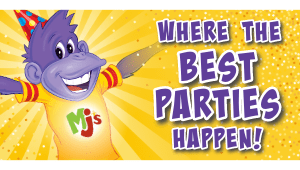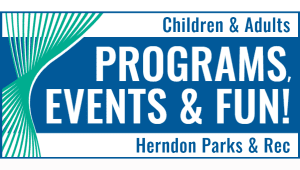By Fairfax Neonatal Associates
Dear Sleep Specialist,
My almost 4-year-old seems to be out of control recently.
I’ve noticed that on nights he doesn’t sleep well that his behavior is much worse. His pediatrician has brought up the diagnosis of ADHD, but I am not sure that is what is actually going on. He has always been a heavy breather when he sleeps and wakes up frequently. Do you think my son has ADHD? Help!
Dear Concerned Parent,
It’s great that you’re looking into all aspects of your son’s symptoms to determine the underlying issue — we are here to help! In children, sleep disturbances can result in attention deficits, behavioral problems, and some psychiatric symptoms like mood changes. Commonly these symptoms can be mistaken for ADHD because they look so much alike! Children can also have both sleep disturbances in addition to ADHD, in which case symptoms of ADHD can be exacerbated.
Several factors can contribute to poor sleep and/or sleep-disordered breathing, including muscle tone, weight, history of reflux symptoms, allergies, and more. The prevalence of sleep-disordered breathing is typically higher between the ages of 2- to 8-years due to the growth rate of the tonsils and adenoids; however, it can occur at any age. If you have concerns about your child snoring, breathing heavy, gasping, behavior problems, being tired despite sleeping all night, bedwetting, or if you feel “something is just not right,” further evaluation is never a bad idea.
Meeting with a board-certified sleep physician to get a thorough history and evaluation can lead to a more holistic approach to addressing behavior issues. Commonly a sleep study, which consists of you and your child having a sleepover at a sleep center, would be recommended to rule out any underlying sleep issues. This is a non-invasive test in which several stickers and monitors will be placed on your child to monitor their heart rate, oxygenation, brain waves during wake and sleep stages, limb movements, and more!
The results would dictate the course of treatment but may include dental intervention, positive airway pressure (PAP) therapy, myofunctional therapy, surgical intervention, or medication. If no sleep disturbances are uncovered during the sleep study, you can rest easier with other standalone diagnoses like ADHD.
Even mild sleep-disordered breathing can greatly impact a child’s behavior — so trust your gut, Mom! Accepting a diagnosis like ADHD without ruling out other likely causes of erratic behavior can lead to a long road of ineffective treatments. As always, if you have any questions, feel free to reach out to us!













